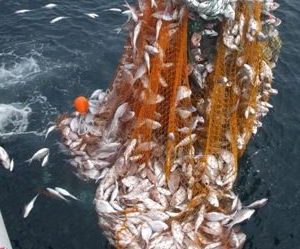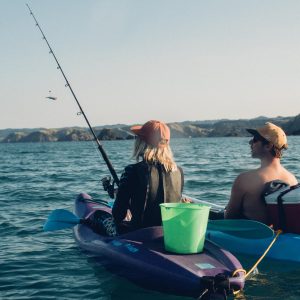Recent Ministerial decisions for crayfish and southern scallops have proven how unbalanced our fisheries management regime has become, in favour of commercial interests. Setting unrealistic commercial catch limits just invites vigorous fishing effort for diminishing fish stocks. It also deprives us, as recreational fishers, the opportunity to enjoy a reasonable catch for a day’s effort.
LegaSea is trying to address the management imbalance. Firstly by analysing what is happening, and then by promoting and enlisting support for a policy to achieve abundance.
“More fish in the water has got to be good for us all!”
LegaSea
Managing by depletion
Fisheries law directs the Minister, Nathan Guy, to both set sustainable total catch limits and set aside an amount of fish to ‘allow for’ our recreational interests. Our interests lie in having abundant fisheries available so we can fish and provide for our social, economic and cultural wellbeing. But the allowance is a fraud if the fishery is so depleted that we cannot catch those fish.
Currently, our fisheries are being managed by depletion and this is no accident. As the fishery depletes our individual catch declines and less people go fishing. However, commercial catches are maintained because they can change gear or technology, as required, to make a buck.
For example, in CRA 2, between Waipu and the eastern Bay of Plenty, commercial potting has more than doubled in the past decade to catch the same amount of crayfish. Few recreational fishers have the means to fish twice as hard. Our catch rate has crashed due to a dearth of legal-sized crayfish or because commercial pots swamp areas where we want to dive.
In his March decision, Nathan Guy ignored our submissions for more abundance. Instead, he reduced the commercial crayfish catch limit by 36 tonnes; this just maintains our fishery at its current, low level for at least the next five years.
It certainly will not reduce the swarms of pots around popular inshore reefs.
Something has to change.
LegaSea is promoting policy that seeks to have inshore fisheries rebuilt to a minimum target level of 40% of its virgin, unfished stock size. That’s B40. B40 will give us more and bigger fish and an overall healthier marine ecosystem. If B40 is good enough for commercial-only deepwater fisheries it ought to be good enough for us and our precious inshore fisheries.





